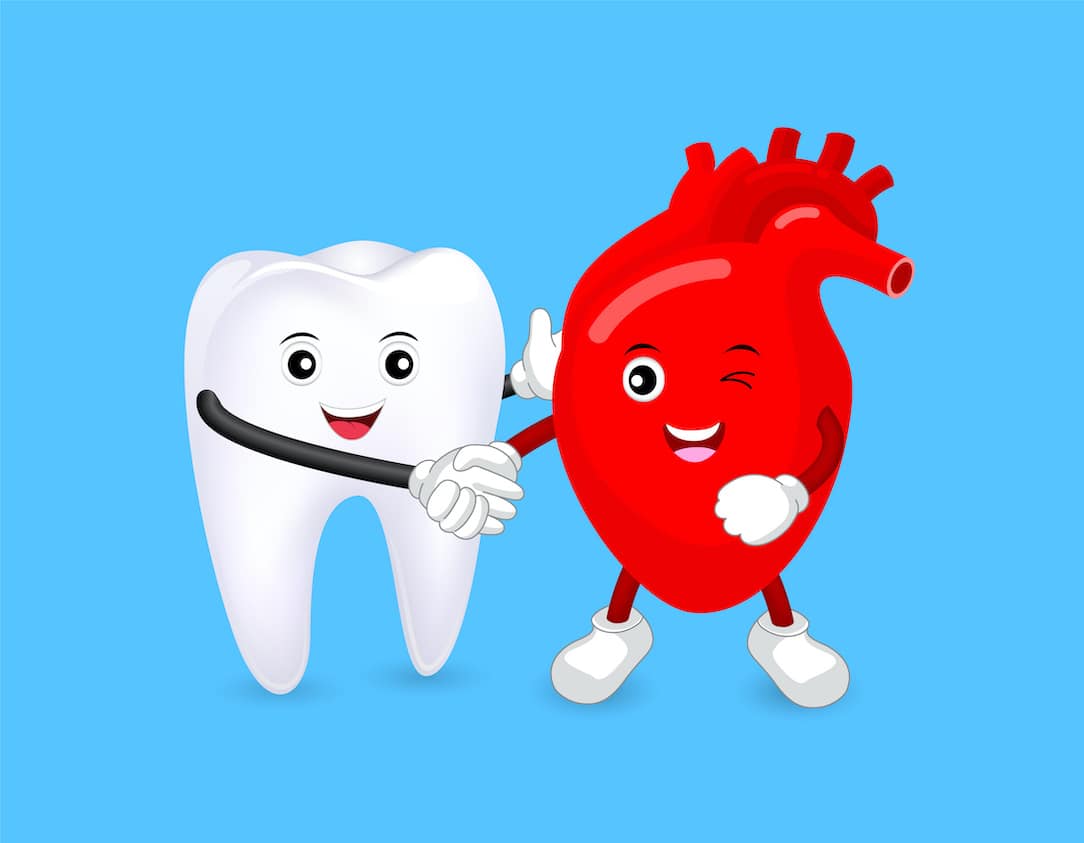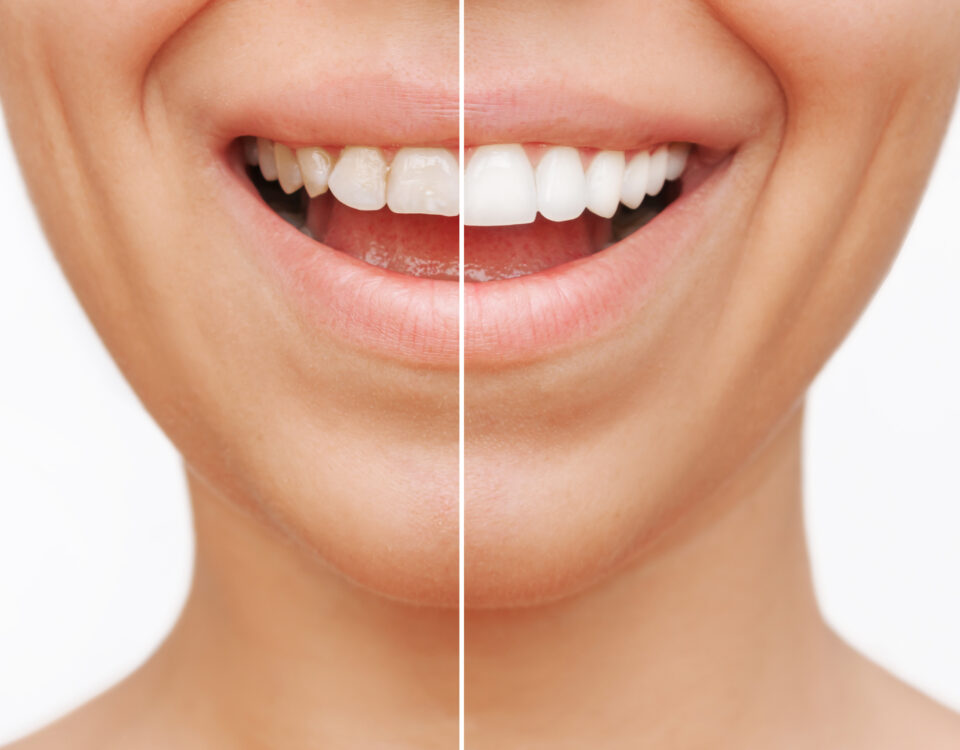Pros and Cons of Dental Veneers

Heart Health and Your Smile: Can Gum Disease Cause Heart Problems?
February 22, 2022
Dentures: The Dos and Don’ts of Caring for Your Smile
March 11, 2022Dental veneers are one of the most popular procedures in cosmetic dentistry. A dental veneer is a thin piece of porcelain or plastic that goes on the front of a tooth to improve its appearance. Dental veneers can be used to correct a number of dental problems. If you’re interested in learning what dental veneers could do for your smile, continue reading!
Understanding Veneers
Veneers are thin pieces of porcelain or plastic that are custom-made to fit over the front of your teeth. They are wafer-thin, custom-made shells of tooth-colored materials designed to cover the front surface of teeth to improve your appearance. These shells are bonded to the front of the teeth changing their color, shape, size, or length.
Types
The Journal of the American Dental Association explains that there are two types of veneers: ceramic veneers (sometimes called laminates) and resin-based composite veneers.
Ceramic veneers
Ceramic veneers are extremely thin shells that are a strong and durable dental ceramic. The dentist removes a small amount of enamel from the front and sides of the tooth. This makes room for the veneer and prevents the restored tooth from feeling or looking bulky or unnatural.
Next, the dentist makes an impression of the prepared teeth so that the shape of the preparations and surrounding teeth can be replicated in the dental laboratory. The dentist also looks for the shade that will best match or blend with the other teeth. The impressions then go to a dental laboratory that makes the ceramic veneers to fit your individual teeth. This may take several days.
At the next visit, the dentist places the veneers on the teeth to check the fit and shape. After any adjustments, the teeth are cleaned and the ceramic veneers are bonded to the teeth with dental cement. Any further adjustments will typically need another appointment.
Resin-based composite veneers
Candidates for Veneers
If you are considering dental veneers, you are likely a good candidate if your:
- Teeth are healthy and free of decay
- Gums are healthy and do not show signs of gum disease
- Have minimal to no fillings on your front teeth
- Enamel is healthy and strong
Who Shouldn’t Get This Treatment?
If you have a history of teeth grinding, you may not be a good candidate for dental veneers. This is because the veneers can chip or break if you grind your teeth. If you have significant decay, gum disease, or other oral health problems, you may also not be a good candidate for this treatment.
Benefits
One of the top benefits of veneers is that they provide a more uniform appearance to the teeth, giving you a whiter, brighter, and more even smile. Further, they are often used to treat the following cosmetic occurrences:
- broken or chipped teeth
- severe discoloration or uneven coloring
- gaps in the teeth
- smaller-than-average teeth
- pointed or unusually shaped teeth
The Procedure
Once determined that you are a good candidate for veneers, the process can begin. The procedure usually begins with your dentist removing a small amount of enamel from the front and sides of your teeth. This is necessary to make room for the veneers and to prevent the restored tooth from feeling or looking bulky or unnatural.
After taking impressions of your teeth, the dentist will send them to a dental laboratory that will create your custom veneers. This process can take a few days.
At the next appointment, the dentist will place the veneers on your teeth to check the fit and shape. If they need any adjustments, the teeth are cleaned and the veneers are bonded to your teeth with dental cement. Further adjustments may be necessary at a subsequent appointment.
Veneers usually last around 10 years, but can last longer with good oral hygiene and regular dental checkups.
The Cost
The cost of this treatment varies depending on the type of veneer, the materials used, the dentist’s fee, and any lab fees. Generally, ceramic veneers cost more than resin-based composite veneers.
Make an Appointment with Premier Dentistry of Eagle
Not happy with the appearance of your smile? Learn more about what dental veneers could do for you today. If you are considering this cosmetic treatment, Dr. Shane Porter and the team at Premier Dentistry of Eagle would be happy to discuss your options with you. We can find the best option for your individual needs. Contact us today to schedule a consultation by calling us at (208) 546-0655.


